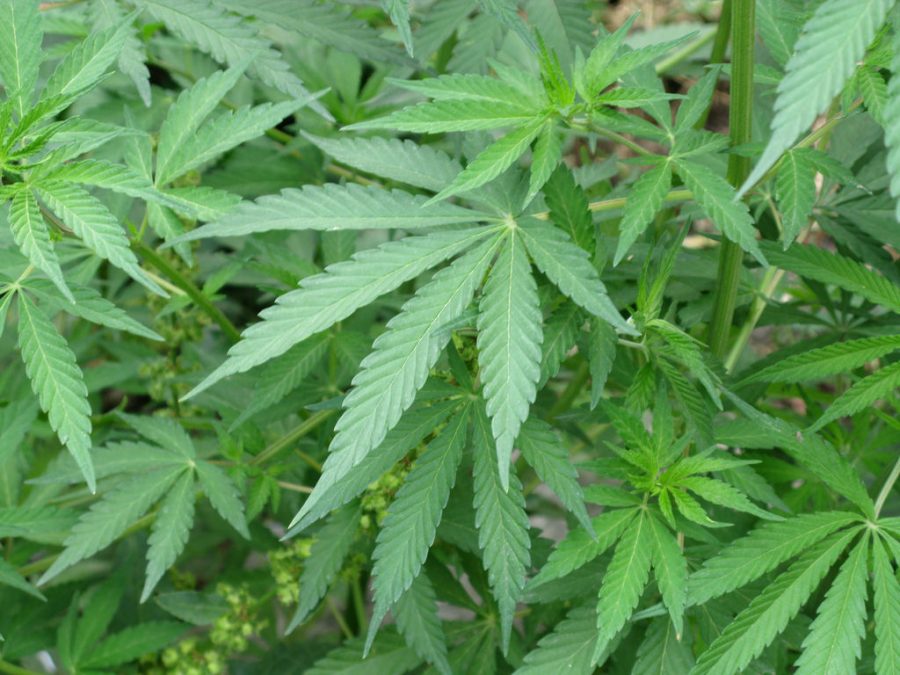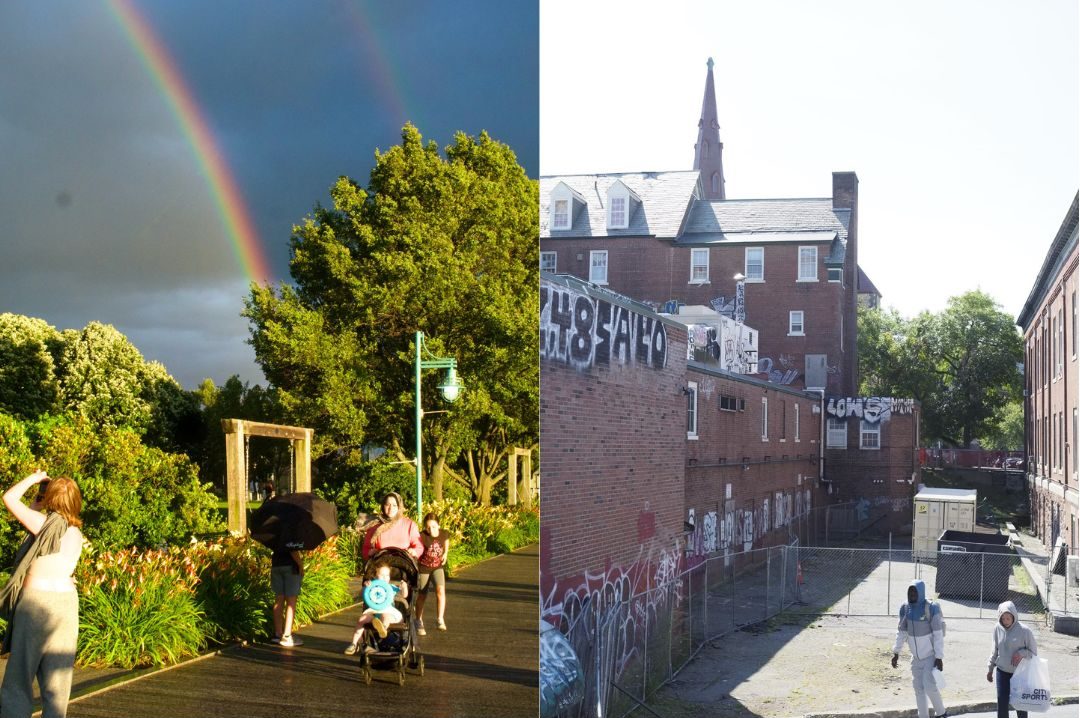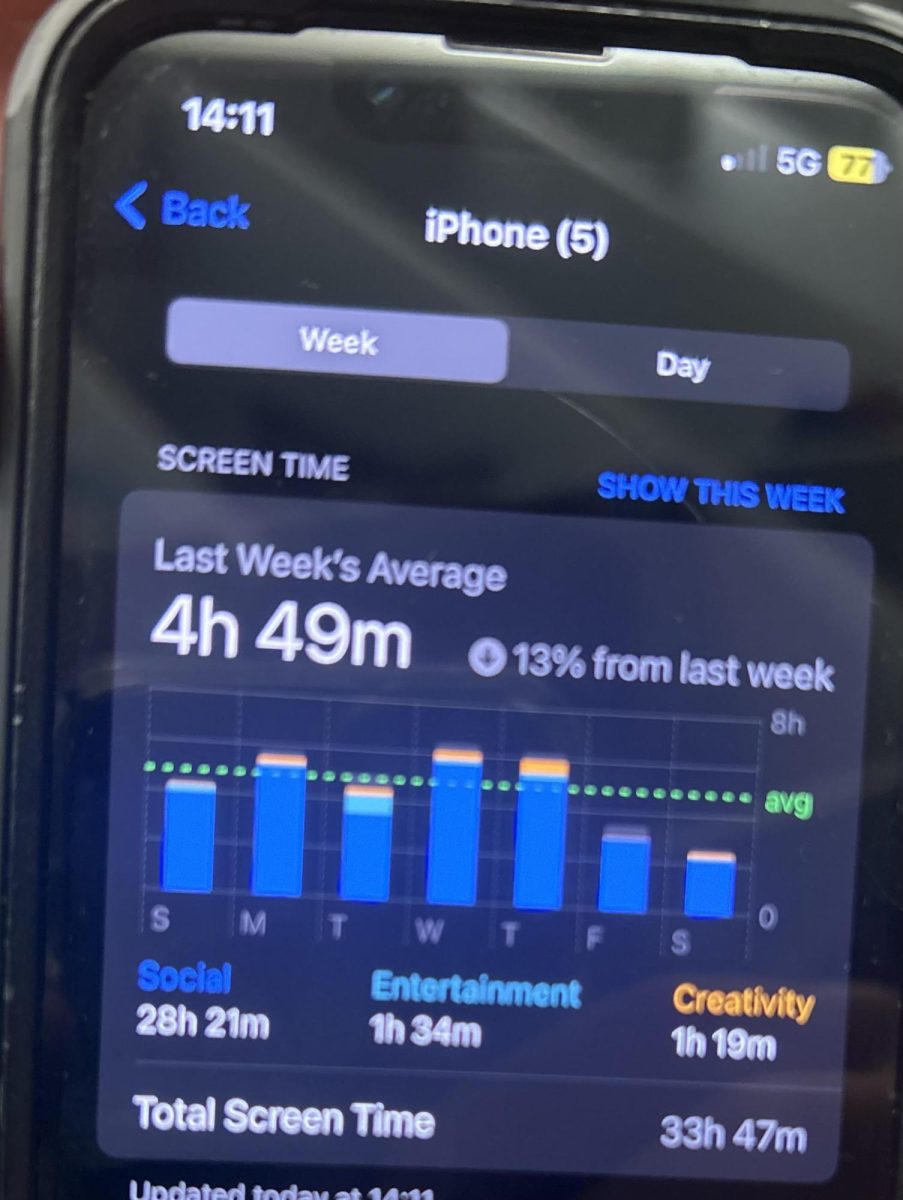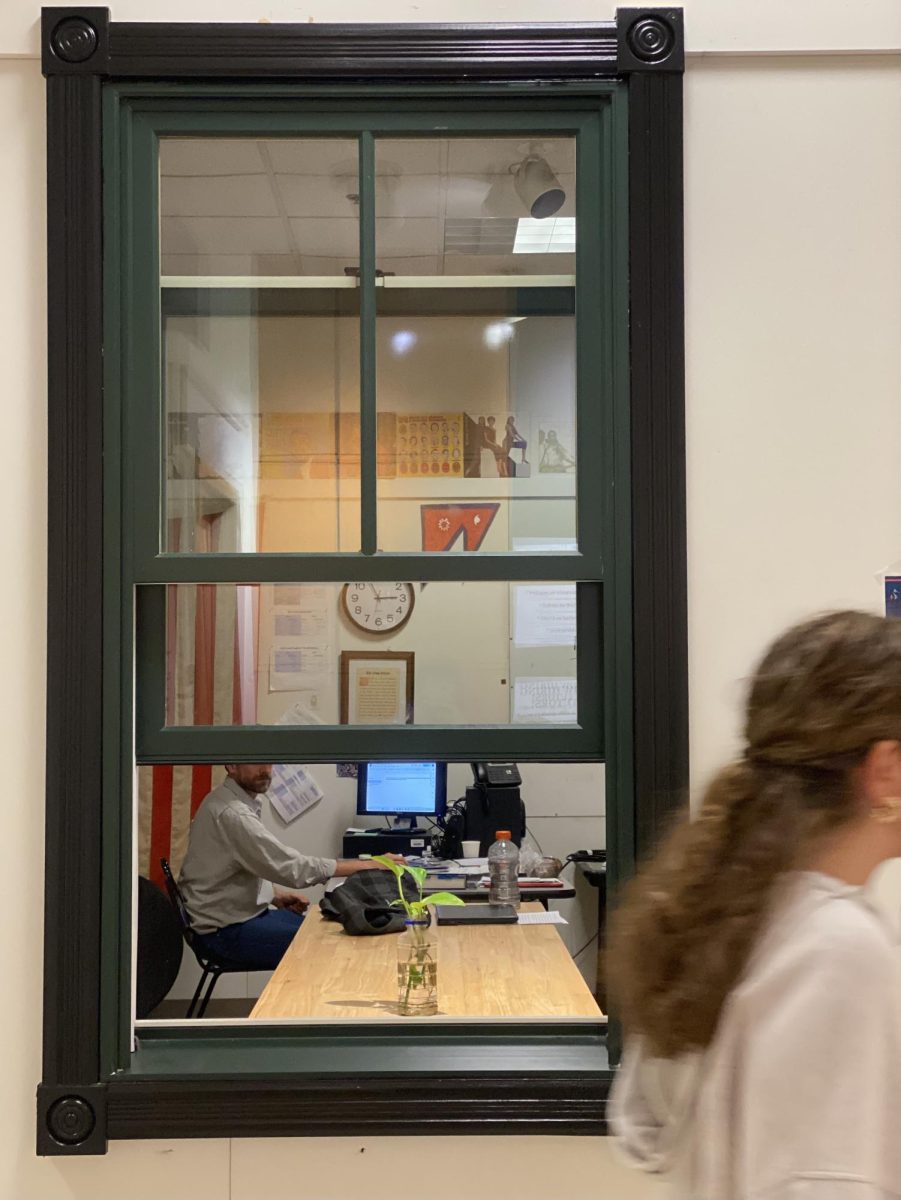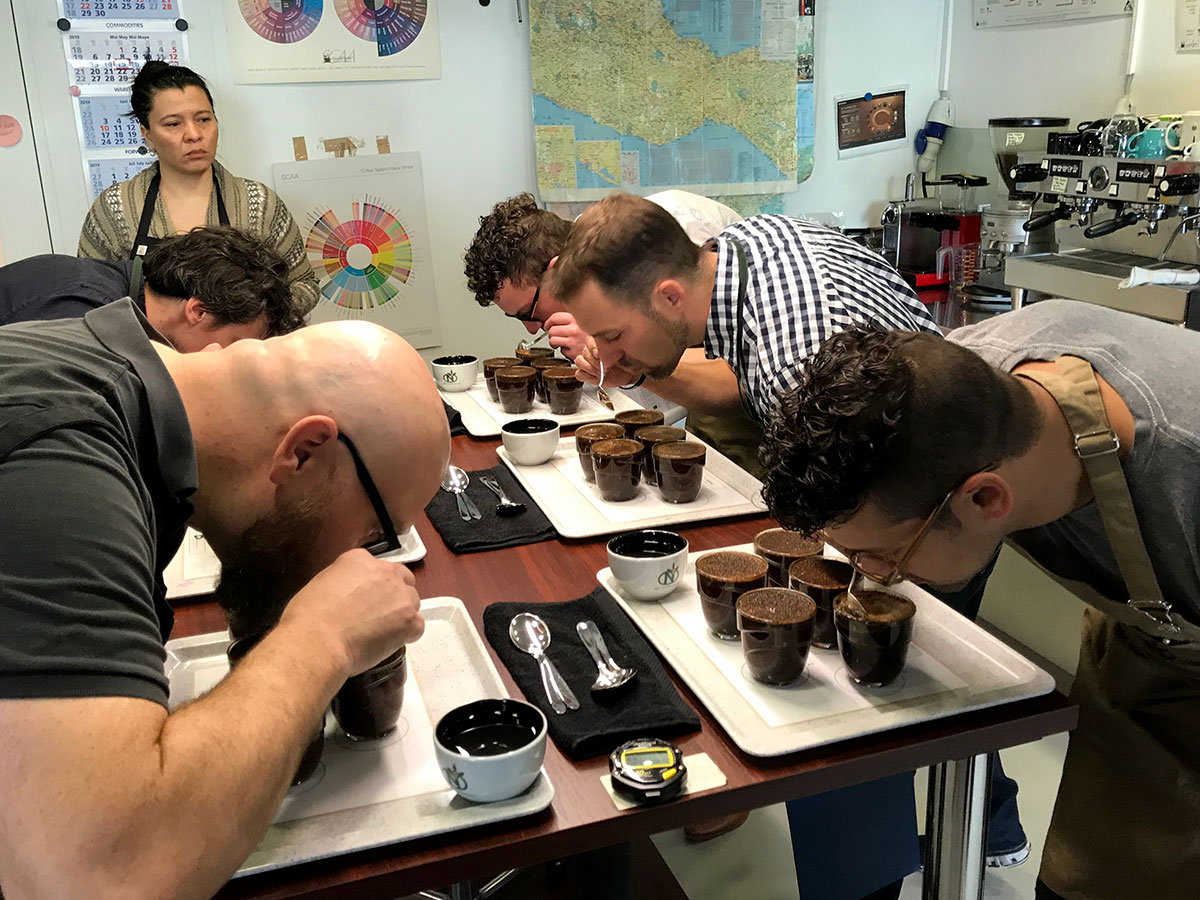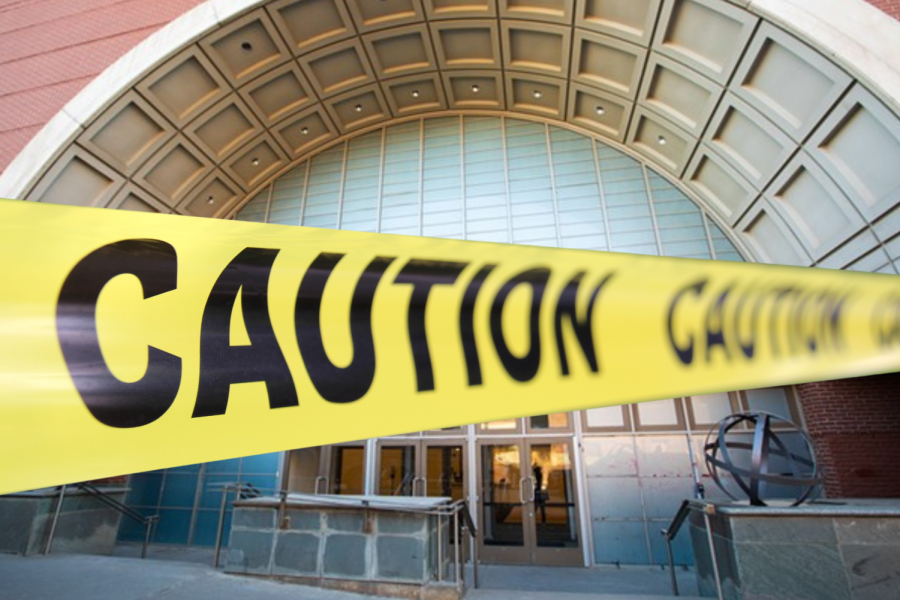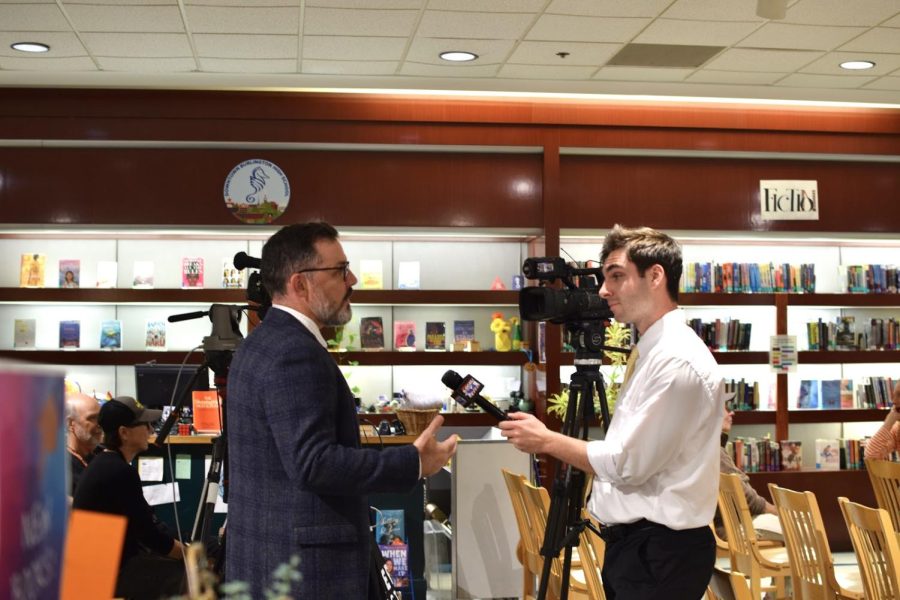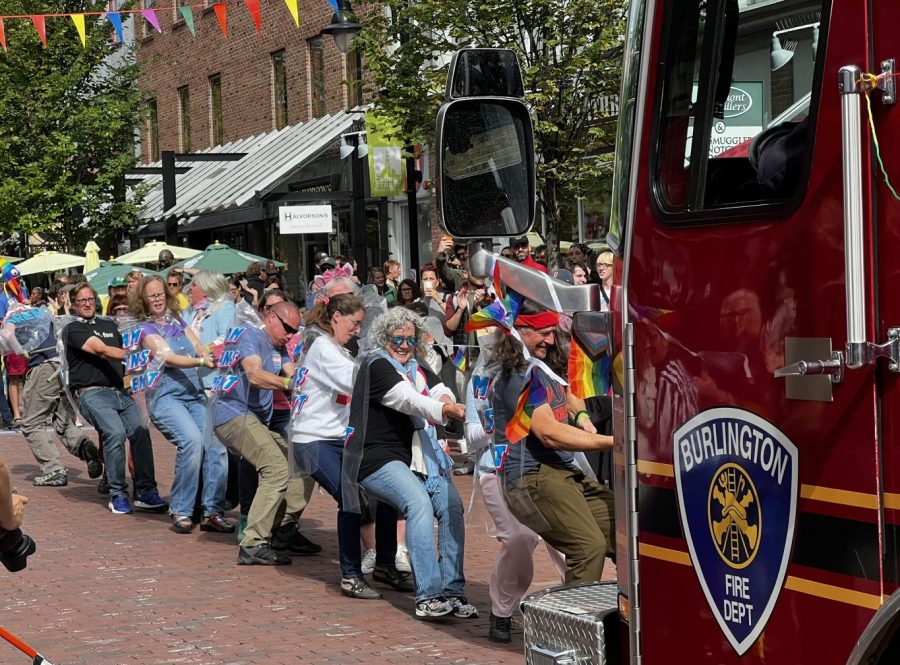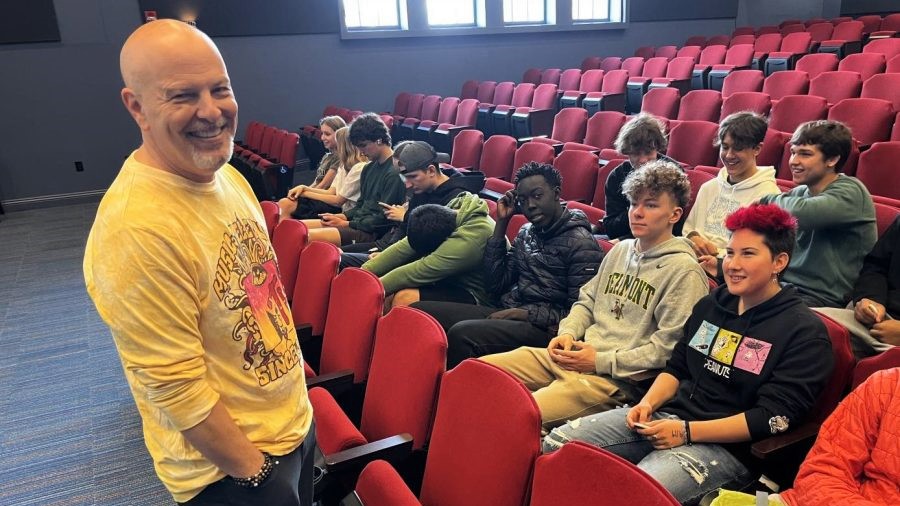UPDATE: Gov. Phil Scott vetoed the marijuana legalization bill at a press conference in Montpelier this afternoon.
Vermont legislators have passed a bill that if signed by Gov. Phil Scott will legalize marijuana. The legislation would take effect in July 2018.
The bill essentially says that those over 21 will be able to buy, sell and use marijuana.
Rep. Scott Beck, R-Caledonia-3, voted against the bill.
“It’s just my belief that to do this responsibly there needs to be other pieces in there, including regulation, taxation, youth prevention, public safety, etc.” Beck said. “You know, in my opinion, is the data there that people under the age of 21 are going to be more likely or less likely to use it? No, it’s not there.”
Beck is unsure whether Gov. Scott will sign the bill into law.
“He’s maintained all along that there needs to be a public safety component to this. In the end here, if we’ve made our roads less safe, then that’s not a good thing,” Beck said.
Rep. Barbara Rachelson, D-Chittenden-6-6, voted in favor of the bill.
“In the states and the countries that have legalized, not only have the opiate deaths gone down, but the world hasn’t ended,” Rachelson said. “Our criminal justice system not only is expensive, but it ends up having lifelong ramifications for people. People that are not hurting anybody else.”
Rachelson also feels that marijuana legalization is not a threat to children and teens.
“The children are at greater risk of getting into someone’s unlocked gun, than they are into somebody’s marijuana,” Rachelson said.
Margo Austin is the substance abuse prevention counselor at BHS. She has worked in the field doing substance abuse prevention, crisis and mental health work for over 20 years.
“I’m very involved in the discussion about further liberalizing laws when it comes to marijuana. I’ve been involved not because it’s my job, but because I feel that it’s important. It’s a game changer,” Austin said. “It’s super important for people to understand that the availability of drugs is what drives drug use.”
Austin said that an altered perception of marijuana is one of the biggest problems people have.
“It is a psychoactive addictive drug, and should be looked at based on the merits of what it brings to the table in 2017, which is THC values which we’ve never seen before, which is the active chemical that gets a person high, and the ages (of kids) which are using it in a brain that’s not developed until 25.”
She is also wary about the commercialization of marijuana, which she thinks will follow legalization.
“I also don’t have a lot of faith in industries that commercialize a psychoactive drug. The alcohol industry and the tobacco industry have made huge profits off people’s addiction. And who pays for it? The taxpayers pay for it. Through addiction, crimes, car crashes, on and on and on.”
Austin also said that prevention programs have basically disappeared over the past couple of years.
“We use to have 92 grants for my job in Vermont; we now have 20. So, unfortunately, prevention took a massive, massive hit in the last five to eight years,” she said. “So I can’t square again how you’re going to further liberalize a law, when you don’t even have the infrastructure for prevention in place.”

In an emailed statement to The Register, Scott wrote about some of his apprehensions surrounding the legalization.
“Multiple aspects of this issue, and how they are addressed in the bill, are concerning to me, such as how we detect impairment on our roadways, implement substance abuse education, keep our children safe, and weigh how legalization will impact the mental health and substance abuse issues our communities are already facing,” Scott wrote. “While I am not philosophically opposed, I feel it is crucial all questions are addressed.”
Herb Perez, an assistant principal at Burlington High School, thinks legalization may result in some misconceptions.
“I think there’s going to be some confusion from people. If young people believe that if it’s legalized it must be safe, well, there are a lot chemicals that are legal to use, but they’re extremely unsafe,” he said.
Perez said that if marijuana is legalized, the school will continue to provide information and support for students.
“For the most part, we will need to continue to do what we’re currently doing, which is to educate students through our health curriculum as well as other avenues where we are able to make sure that students are as aware as they possibly can be about the effects of marijuana, not only what it does physiologically to the organs, but also to their sensory motor skills and their ability to be able to commit short term to long term memory.”
School Resource Officer Brian Difranco believes that legalization may make marijuana more accessible to BHS students.
“I don’t think it will affect BHS students too much because the people that are going to be smoking marijuana are already smoking,” he said. “I think it will only make it a little more accessible, and a little bit more normal because more families will be using it. It might increase in that way, thinking it’s a norm and it’s okay.”
Tara Holaday, the leader of the Above the Influence substance prevention group, fears that legalization will lead to reduction in perception of harm, increased access and troubles with highway safety. She hopes that prevention efforts will increase if marijuana is legalized.
“We already have a very comprehensive program in health classes, but, I think we would step up our efforts if we could, because I think it would be needed,” she said.
Sophomore Kayley Hays is a member of “You Matter,” another one of Holaday’s groups. Members focus on suicide prevention and creating a positive, happy community.
“You definitely want to be educated. If you’re smoking marijuana now, you should still be informed of the cautions, and stuff like that,” Hays said. “I think it’s good safety and we should definitely have more information taught to us of the good stuff about it, and the cautions we need to take.”
BHS English teacher Rob Bohn, on the other hand, guesses that legalization may make marijuana less accessible for teens.
“It seems from what I have noticed at U-32 (where his daughters attend school), all of these kids have it, and it’s because it’s illegal. It’s easier to get than alcohol, it’s easier to get than anything,” Bohn said.



